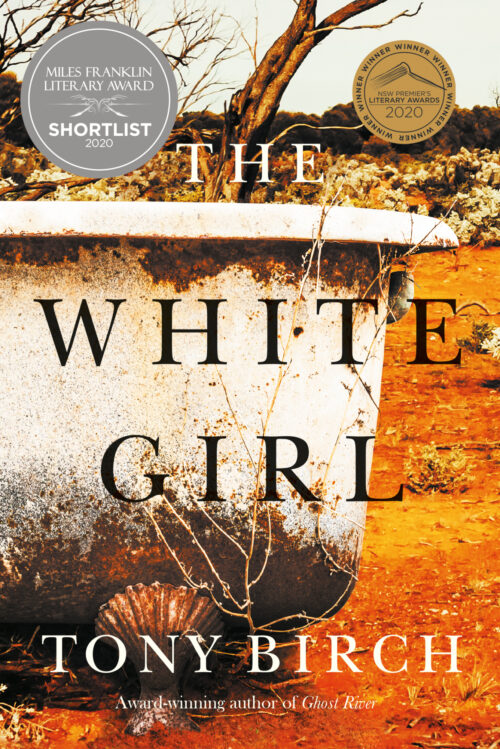Celebrated novel ‘The White Girl’ is the recipient of a suite of award acknowledgement including the NSW Premier's Award for Indigenous Writing (2020) and a shortlisting for the Miles Franklin Literary Prize (2020). Such literary praise is well founded, consistently pointing to Birch’s craft of writing and character construction, held tenderly in 272 sensitive pages.
The novel is set in the fictitious colonial town of Deane, not identified by a specific state location, so as to reflect the widespread experience for grandmother Odette Brown and other Aboriginal families of the 1960s. With policy rhetoric overhanging from such legislation as the Aboriginal Protection Act, the trauma first hand of removing young people from their families is felt. For her thirteen-year-old granddaughter Sissy, the placement of exceptionally strong female voices in ‘The White Girl’ juxtapose the colonial violence, impact and hurt which is regularly conveyed in moments of rich dialogue and description. Birch’s professional life of academic, historian and activist very much shape the evocative development of his text, and its language use in the secondary classroom would provide rich opportunities for analysis. The genre of domestic fiction is realistic and the text provides new insights into experiences of the time still not widely discussed.
Tony Birch grew up in inner-city Melbourne with a rich Aboriginal, Barbadian (convict), Irish and Afghani heritage. (profile from The Guardian 7 June 2019)

